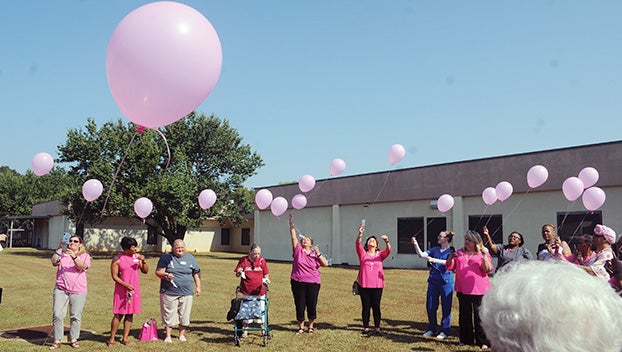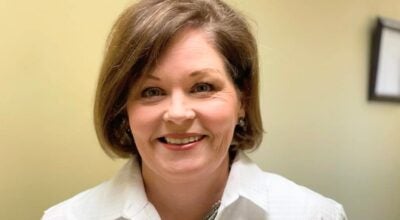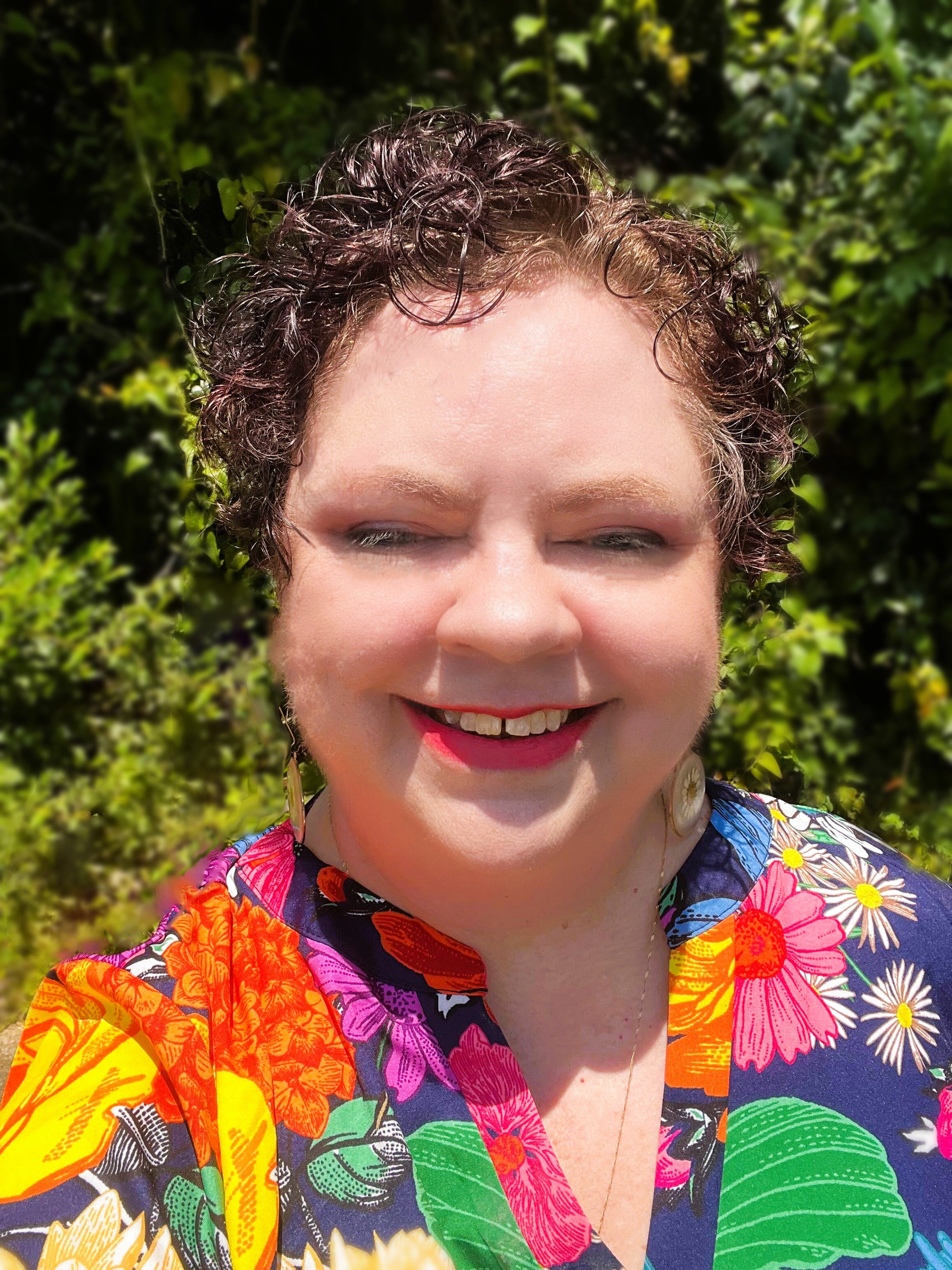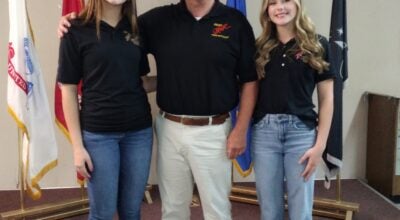Hospital kicks off Breast Cancer Awareness Month
Published 10:00 am Friday, October 11, 2019

- Balloons sail skyward last Thursday morning at Regional Medical Center of Central Alabama. | Photo by Mark Rogers
|
Getting your Trinity Audio player ready...
|
A breakfast, medical advice and a balloon launch all helped kick off Breast Cancer Awareness Month last week at the Regional Medical Center of Central Alabama, and organizers hope the vent brings awareness to the disease.
“We’ve been doing the balloon liftoff for about 10 years,” Linda Hummel, community outreach director, said. “We celebrate the breast cancer survivors. We send the balloons up in memory of our lost loved ones and honor the ones that are here today.”
The event includes a brunch and a speaker, according to Hummel.
“Today our speaker was Dr. Danny hood and he was encouraging us to have our mammograms and get our regular checkups,” she said. “This is all part of breast cancer awareness month.”
Hummel said she looks forward to the event each year.
“We try to let people know about it and if I know of a breast cancer survivor I send them a special invitation. We want to encourage breast cancer survivors to contact us at the Regional Medical Center of Central Alabama at (334) 383-2305.”
Hummel offered greetings to the survivors present at the brunch.
“Today is your day and today is a great day to celebrate,” she said.
Hood spoke to the group briefly during brunch and encouraged them to have regular medical checkups.
“I think the word cancer is probably the most frightening thing that a patient can hear,” he told the group. “”It just brings up such a feeling of horror because there is no one that hasn’t had a loved one or been around someone who has had cancer. It’s the fear of dying or the fear of physical alteration of the body — whether it is the loss of a breast or deformity from the treatments.”
Hood told the group that unfortunately breast cancer is common.
“It always seems to occur more with age — though younger people are not immune to breast cancer,” he said. “Once you reach age 40, if you take 1,000 people, 15 out of that 1,000 will develop breast cancer in the next 10 years. Once you hit age 50, it’s 25, at age 60, it’s 36. It happens more often as we get older.”
Hood told the group there are a variety of tests available, including genetic testing that can be used to determine if cancer is more likely. He also encouraged woman to have mammograms when their doctors recommend them.





